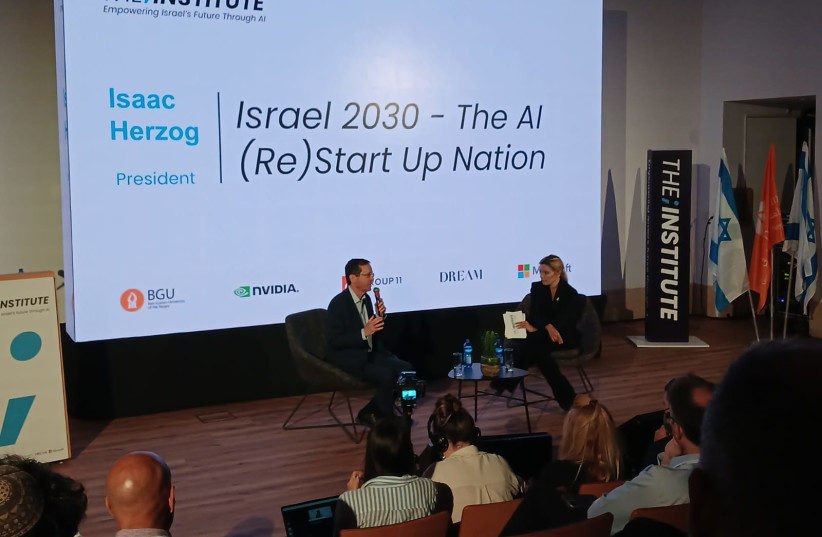Artificial Intelligence (AI) has already rocked the business world and our everyday lives with systems such as ChatGPT, giving birth to a bevy of new ways to solve problems and create content from scratch and programs like Devin building applications autonomously.
AI has given us entirely new ways to address problems and offer solutions. It’s a fast-moving field, with AI abilities increasing before our eyes and major competitors vying to make the next big advancement before anyone else.
So, what can we expect to see in the world of AI in 2024?
Speaking at The Institute, a national collaborative endeavor to bolster Israel’s competitive edge in the Artificial Intelligence field led by capital Group 11, Yoav Shoham laid out some advancements and possibilities for advancements we may see in 2024.
The endeavor is run in partnership with Ben-Gurion University of the Negev and prominent global corporations such as Microsoft and Dream. Among participating companies is software company NVIDIA.

The Cofounder and Co-CEO of AI21 Labs raised several fields within AI that he thinks will shift and change and addressed how these will impact different industries.
There have been relatively few actual deployments of AI technology by companies thus far, said Shoham, saying that people don’t yet know enough about AI or understand how it can decrease their costs. By the end of 2024, Shoham anticipates seeing more companies using AI technologies.
Shoham thinks this deployment will be across the board and not limited to a certain industry, though there will likely be “pockets of interest” in some fields.
That doesn’t mean that companies are not working to figure out how AI fits into what they do, he explained, saying that in the last two years, there has been mass experimentation by companies figuring out how AI fits into their business model.
“I don’t meet a single CEO [these days] who doesn’t say that they want to use AI or have an ‘AI-first’ approach,” he said.
In terms of technological changes, Shoham said there are several things we can expect to see. AI systems, systems that use AI but also incorporate additional tools are something Shoham predicted we would see more of this year.
Shoham said that he also expects we will see more improvement in the types of models that exist now. One way in which improvements to current systems will be made is with bigger training sequences – bigger sets of data on which the AI model is trained.
He also said that we can expect to see more SLMs (small language models, as opposed to large language models, such as ChatGPT). These small language models will be designed to focus on more specific tasks, making them better able to handle problems with a more narrow focus.
This report is a preview of the full article to be published Friday.
